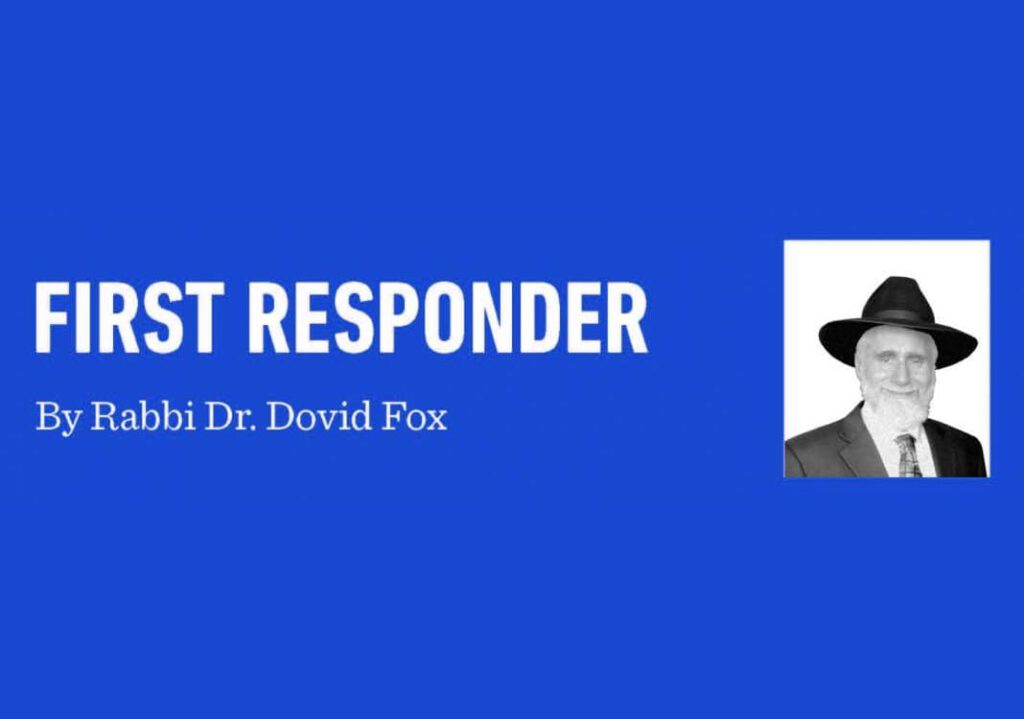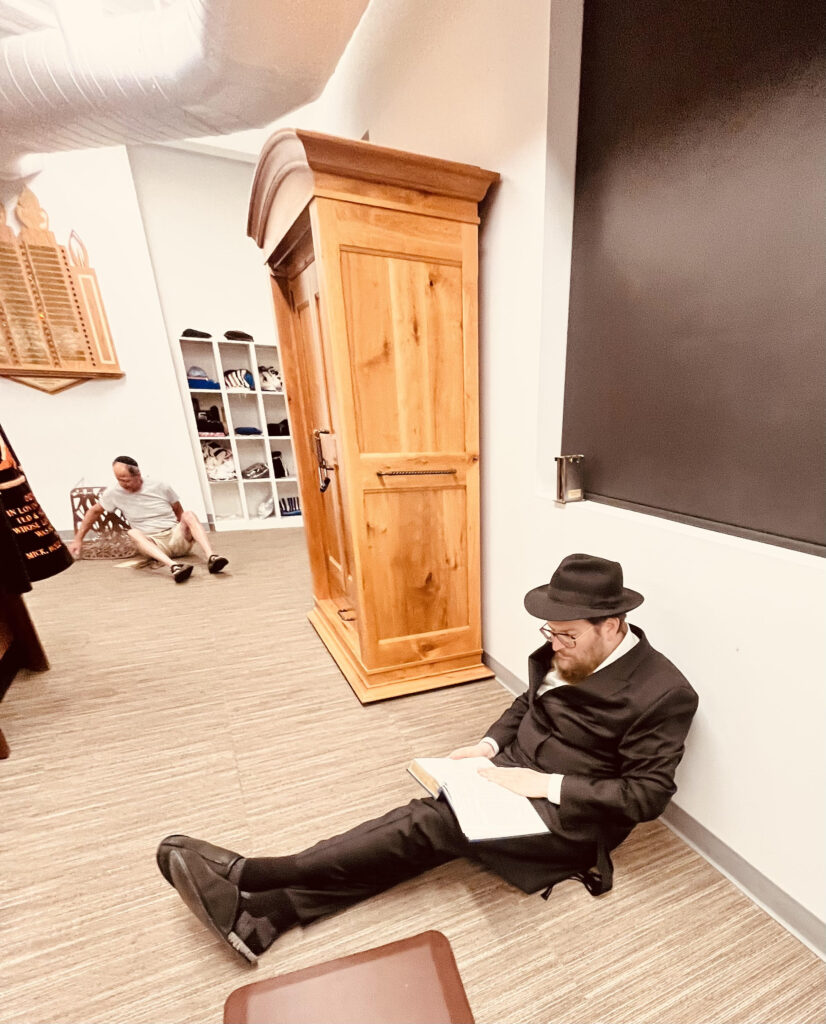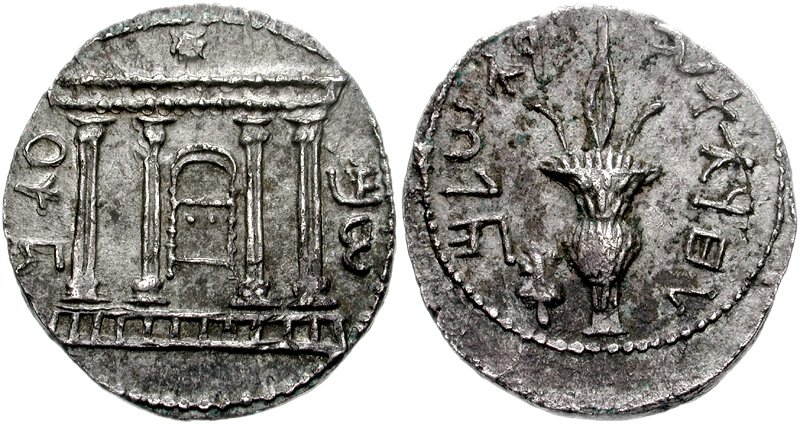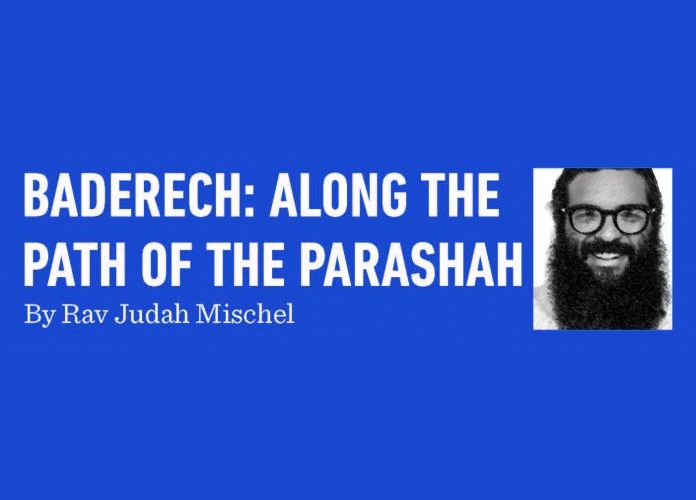Sands of Time And Times Of Sand
While surveying the Tishah B’Av kinos lamentations on Sunday, trying to extract some illumination while struggling to insert emotion and fervor, my mind wandered to some of the themes woven into these ancient elegies. The words of the kinos describe the terrible destruction, loss, exile, and suffering of the Jewish people. The verses address our national history from the Exodus from Egypt through the horrors of the Crusades. The references to trauma are numerous and the somberness of the kinos hardly entice one to feel illuminated or inspired. These writings—originating with the prophet Yirmiyahu then adding the words of the scholars of the Mishnah and the great Torah leaders of Medieval Europe down to the rabbis who survived the Holocaust—are the mainstay of our Tishah B’Av service. We recite them and chant them year after year.
Following our Shabbos service, one of my congregants asked me why no one had written a kina about October 7. There may be no event in history, no rallying cry that means so much to so many as the words “October 7.” It is, as some have quipped, the Jewish people’s “September 11.” As I prepared for my yearly program called, “Making Tishah B’Av More Meaningful,” I decided to give this question some thought. Do we need a new kina dedicated to the trauma and tragedies of October 7?
The first of the kinos that we recite on the morning of Tishah B’Av is entitled Shovas. This word yells out that “everything stopped.” The kina describes our immediate change of status, our spiritual reality, the world’s disposition toward our people. Everything that was part of the status quo for centuries vanished, like a vacuum that scoops up particles and pieces. When the Beis HaMikdash was destroyed, that book closed. The story of the Jewish people in exile began a very different book. Gone was our central place of worship, our communing with a sense of the Divine, our secure homeland, our reputation as an exalted people. Our role as the religion of righteousness, the chosen ones, was submerged, first by towering pagan hordes and then by the doctrine of “cancel culture,” as if the Torah was now an “old” testament and we, the descendants of the patriarch Yaakov were no longer G-d’s children. Shovas foretells a grotesque and cruel disappearing act where the Jew has lost his place among the civilized peoples of the earth.
This, I reasoned, aptly defines what has happened in the aftermath of October 7. What became of the Jews? Not welcome on the campuses which we helped create or endowed with our intellectual and financial property. Not safe on the streets of our cities which now swarm with those who sport their spurious claim of being “victims” of a purported genocide. Jews have been humiliated, shamed, threatened, and attacked, with many countries justifying this because of some contrived “context.” The very fact that our assailants videoed their rapes and murders and gleefully broadcast them, yet our outcry about this was rebranded as a “self-pitying narrative,” or that none of it really happened—all this is part of Shovas. In less than the blink of an eye, truth vanishes, facts fade, reputations disappear, an entire race and religion is shunned and derided as villains of some mythological Zionist entity, while the world rapidly forgets whatever existed up through October 6. This is what the lamentation of Shovas is about: this is why we do not need a special kina for October 7.
The Torah describes how we are like the sand of the seashore. That is a wonderful vision of Jews so numerous they cannot be counted. Yet, the image is perplexing given that the Torah recounts occasional censuses being taken and we were never innumerable. We were never a massive multitude. Currently we are less than two-tenths of a percent of the world’s population. That is not even close to the sands of a single beach, much less the shores of the ocean. The great 14th century Torah sage, Rabbi Levi ben Gershom (Ralbag) suggests that the analogy to sand is not about the quantity, but the essence. Sand is the product of eroded rock, a refined granular material which is the essence of rock. When you scoop up a pile of sand from the seashore and put it on the street, a lawn, a table, or a bucket, it will not change further. It remains sand. It does not melt, corrode, decay, or meld with its container. Sand remains sand. The Ralbag writes that this is how the Jews are too. Wherever we wander, or stray, are taken captive, or reside, we remain Jews. We retain our identity in every setting. And if we attempt to blend in or hide our identity, the world around us will not let us forget who we are. We are Jews. And for that essential status, we will never exclaim “Shovas.”
Rabbi Dr. Dovid Fox is a forensic and clinical psychologist, and director of Chai Lifeline Crisis Services. To contact Chai Lifeline’s 24-hour crisis helpline, call 855-3-CRISIS or email [email protected]. Learn more at ChaiLifeline.org/crisis.














